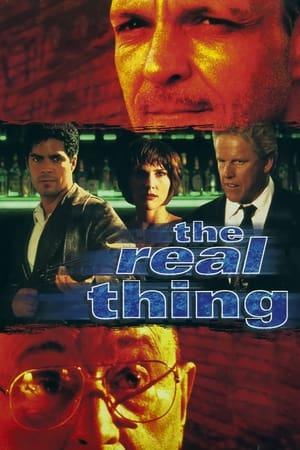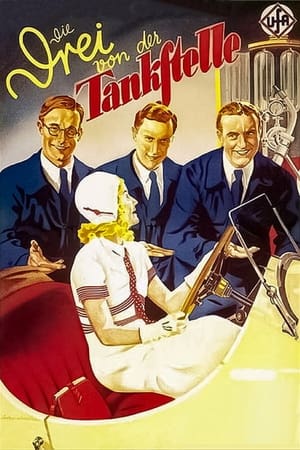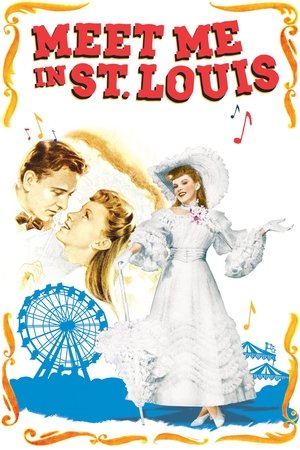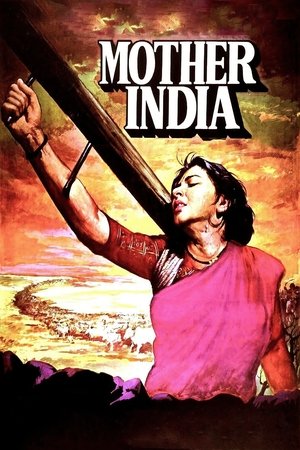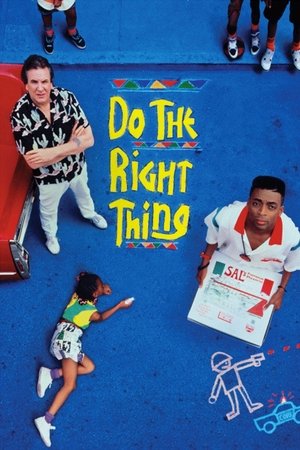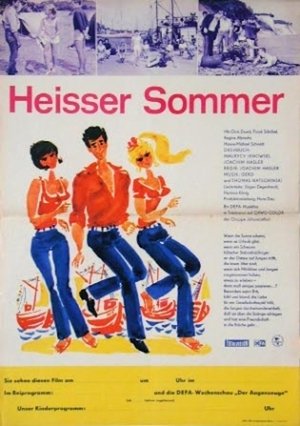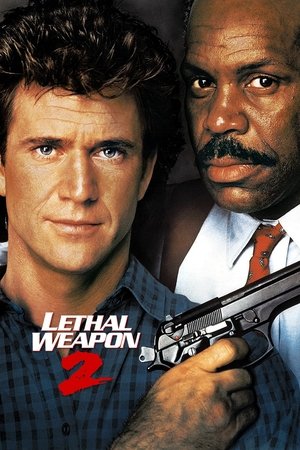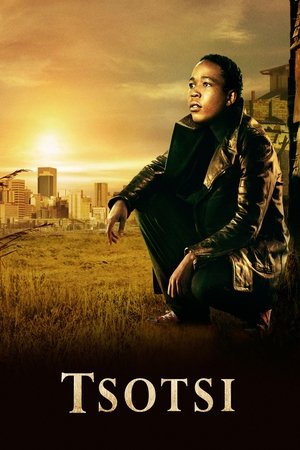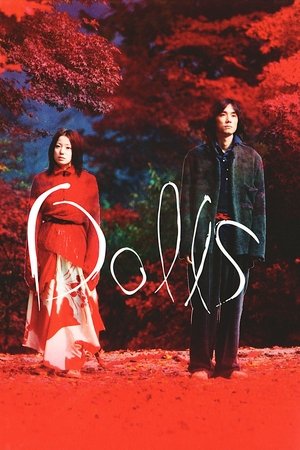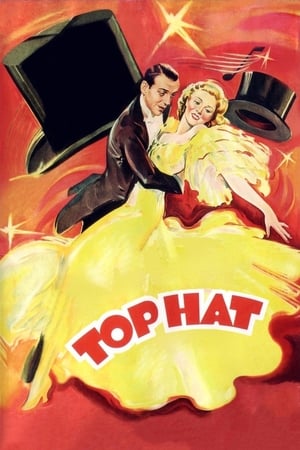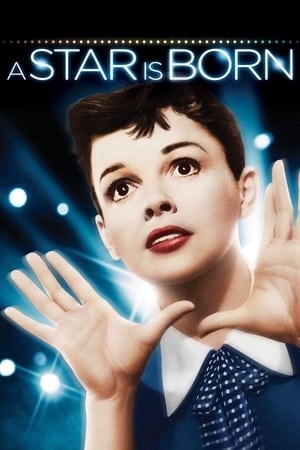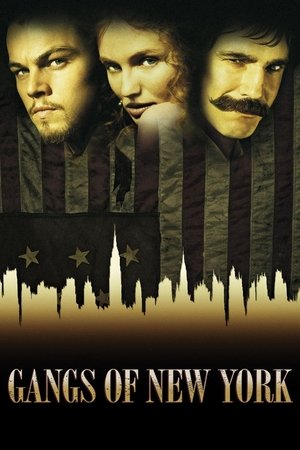Overview
In an alternate Japan, territorial street gangs form opposing factions collectively known as the Tokyo Tribes. Merra, leader of the Wu-Ronz tribe of Bukuro, joins forces with heavy-hitting gangster Buppa of Buppa Town. With Buppa's support, Merra aims to initiate a gang war between the Wu-Ronz and the Musashino Saru, and in a confrontation between the two attempts to kill Kai of the Musashino Saru. The inadvertent murder of Kai's friend Tera (a Musashino Saru member beloved by all Tribes since before their formation) leads to the joining of forces between all of the Tribes in an all-out war against Merra and Buppa.
Reviews
Ardent followers of iconoclastic Japanese filmmaker Sion Sono will certainly rejoice in the continued surrealistic cinema that erratically meshes a combustion of various themes and genres thus generating a spicy spectacle of action-oriented exuberance. Sono, known for such colorful feisty-minded fare such as Guilty of Romance and Suicide Circle will have one scratching their bewildered noggins trying the grasp the latest twisted tale of sexual and violent gumption in the wildly impish and imaginative gang-bang musical street-tug-of-war crime caper Tokyo Tribe. Outwardly frivolous, frenetic and fueled with a bizarre combination of opulence and outlandishness, Tokyo Tribe will indeed stimulate the senses with its hodge-podge of hedonistic heft in the realm of instantaneous insanity.
There is no doubt that Sono's turbulent and tactical offering in Tokyo Tribe is a devoted salute to the memorable gang movies and notable musicals that have graced moviegoers' consciousness throughout the decades of cinema in general. The homage to the influences that Tokyo Tribe festively borrows from is delightfully thrown in one's exhaustive face in gaudy, grand fashion. From obvious gangster tributes to rousing gems such as A Clockwork Orange, Scarface, Ichi the Killer and The Warriors to finger-snapping sing-alongs that include West Side Story and Moulin Rouge, Sono's melodic meltdown of fists, firepower and fury is a serving of potent street turf stew ready to be sampled with sensory overload. Clearly, Tokyo Tribe is proudly off-balanced and curiously unstructured to the point that the free-for-all bombastic action and strife is celebrated with indescribable excitement.
Sono's crime and fantasy landscape of a dystopian Tokyo gone up for grabs in clashing ecstasy leaves some wondering if the overwhelming elements of its boisterous flavored parts are truly worth the powder keg production as a whole. Well, Tokyo Tribe dutifully captures the haunting and high-spirited wrath of its yakuza-style boiling point. Although at times seemingly uneven and over-indulgent in its zest for collaborative craziness, Tribe does manage to wink at its super-charged exploitation with a dynamic giddiness that wryly registers. Saddled with sadistic criminal gang-bangers, hip hop-induced tunes piercing through the film's booming soundtrack and skin-clad beauties for the hormones to race aimlessly at will, Tokyo Tribe is both caustic and cockeyed while reveling in its need for the featured Japanese rap musicians to convey a sense of creative yet corrosive urgency in the showcased horror of the furious Far East streets of mayhem.
There is something that can be said for Sono's energetic direction of a gun-toting narrative that could easily be dismissed as overblown and pretentiously shocking. This, however, is actually the appeal to Tokyo Tribe because it is willing to be unconventional, unnerving and unapologetic for its pumped-up presentation of wayward will and war on the mean streets and alleyways as carried out by larger-than-life machete-swinging merchants whose taste for blood is undeniable. Sono's frenzied fable of street-minded violators with a code for chaos and conflict is what feverishly steers Tokyo Tribe into a grinding and gritty guilty pleasure of a crime story peppered with dream-like delusion and confusion. Granted that Tokyo Tribe is not as high-minded or observant as Sono's moving The Land of Hope. Still, Tribe feels joyously experimental as a volt-oriented vehicle with reckless promise and panache.
The premise is set as twenty-three gangs are vying for ultimate control of the targeted tough streets in futuristic Tokyo in what appears to be a fierce face-off for the ages. Naturally, these gangs (or "tribes" as they are deemed) look to make their presence known within Japan's vulnerable capital city. In particular, the overbearing and menacing overlord Bubba (Rika Takeuchi) envisions taking over the entire region and having dominance over the other crime lords and their minions. The ruthless Bubba means business as he wants the existing tribes at his feet of mercy. Hence, Bubba calls for an all-out war in an attempt to challenge his equally evil-minded rivals.
Of course when Bubba and his underlings (including his son) are not trying to take over the Tokyo street operations they look to hook the attention of pretty and prestigious Sunmi (Nana Seino). The jeopardized Sunmi just happens to be the daughter of a prominent local bigshot in the community. Nothing says complete triumph to Bubba and his backers should Sumni succumb to his personal needs within his felonious organization. Soon, the realization comes into focus--the rivals all over Tokyo must come in unison to stop the diabolical Bubba from becoming the master manipulator and prevent him for furthering any power hunger proclivities.
Surely the audience will find themselves surrendering to the various devious angles that Tokyo Tribes turns its tricks towards in spontaneous, off-kilter fashion. Over-the-top characterizations, animated violent sequences, fleshy females, combative confrontations, flashy choreographed movements, the aforementioned inclusion of some well-known Japanese rap artists, dizzying colorized overtones, provocative wardrobes, both silly-minded and stirring gang-style antics--all are assembled with weary finesse that propels Tokyo Tribe as an overactive romp that knows its role all too well. And what role is that one might ask? Perhaps to be an entertainingly odd and ludicrous genre flick that acts as an unsettling messenger for our indiscriminate preferences in cinematic mob mentalities and musical musings.
Tokyo Tribe (2014)
1 hr. 57 mins.
Starring: Young Dais, Ryouhei Suzuki, Nana Seino, Shota Sometani, Riki Takeuchi
Directed by: Sion Sono
MPAA Rating: R
Genre: Gang-Related Fantasy and Suspense/Crime and Drama/Action and Adventure
Critic's rating: ** 1/2 stars (out of 4 stars)
(c) Frank Ochieng (2015)

 116 min
116 min
 6.5
6.5
 2014
2014
 Japan
Japan
 Frank Ochieng wrote:
Frank Ochieng wrote: